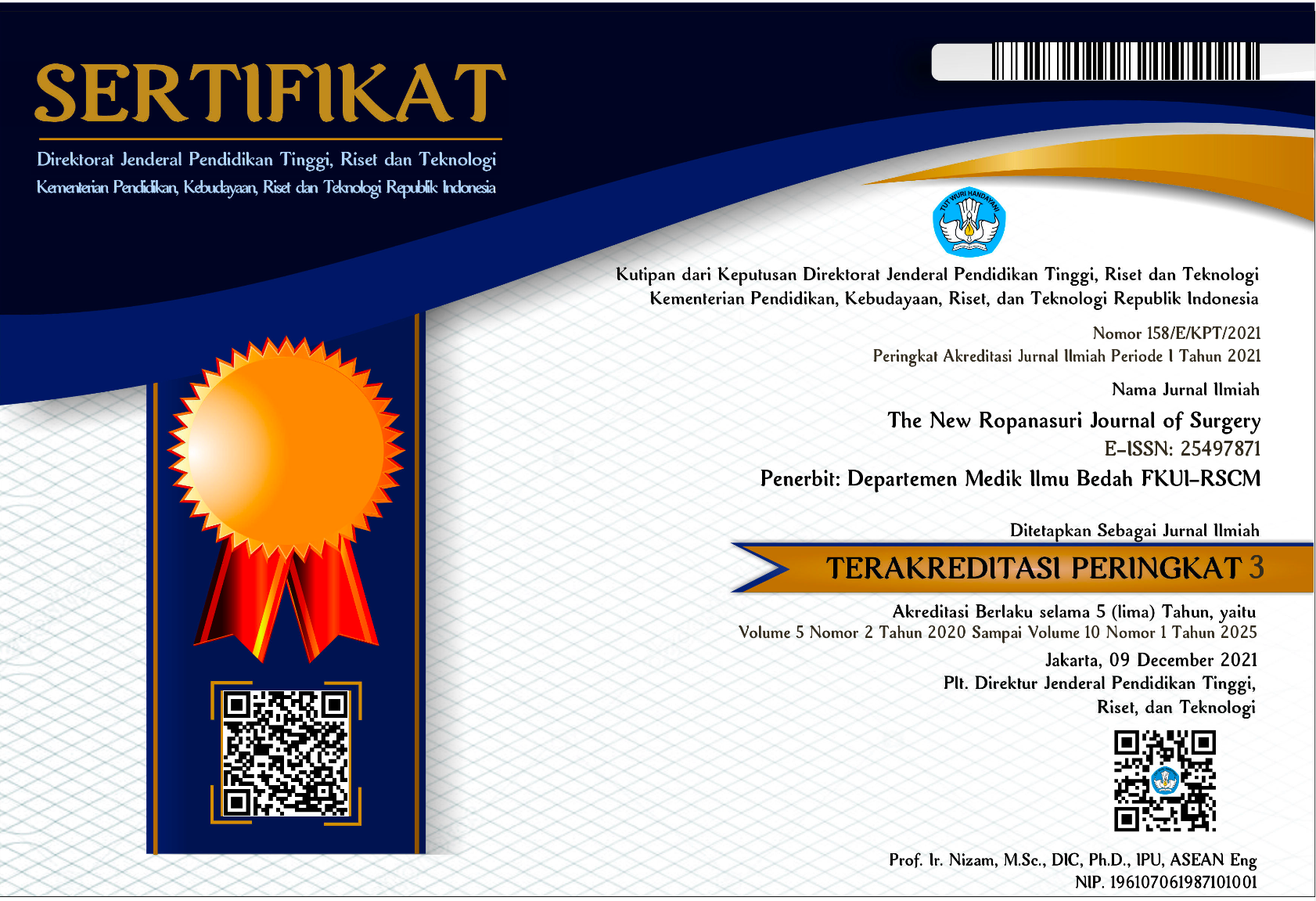Abstract
Introduction. Tissue biopsy is the current gold standard for cancer diagnosis, targeted treatment, and prognosis. However, biopsy is an invasive procedure that could result in postoperative bleeding, pain, and infection. Such limitations may now be resolved by the clinical technique known as liquid biopsy, which enables a better representation of disease status.
Method. This literature review was conducted through online databases (PubMed, Ascopubs, EuroPMC) using the following keywords: "liquid biopsy", "ctDNA", "CTC", "breast cancer", "pathogenesis of breast cancer", "tumor microenvironment”, “ctdna detection technologies”, "early diagnosis", "targeted therapy" ,"monitoring disease progression”, and "prognosis”. The literature search was conducted using the PRISMA format (Figure 1). The appraised articles were further evaluated using the Joanna Briggs Institute (JBI).
Discussion. Liquid biopsy, also known as blood-based analysis of circulating tumor cells (CTCs) and circulating tumor DNA (ctDNA), has become more significant in breast cancer in recent years. There are several techniques for CTC and ctDNA detection that are continuously developing. PCR-based techniques are the initial approaches used to identify ctDNA, however targeted deep sequencing is now superior. Instead of tumor biopsy, liquid biopsy might be beneficial for breast cancer diagnosis, therapy, and prognosis based on the clinical trials. However, more clinical trial studies are still needed.
Conclusion. The advancement of technology has made genetic alteration detection via liquid biopsy feasible to detect genetic alterations that are very important not only for early detection of breast cancer, but also targeted therapy and disease monitoring. Numerous studies have shown the potential of liquid biopsy as an alternative to tumor biopsy.
Recommended Citation
Panigoro, Sonar Soni and Yuella, Clarissa Kezia -
(2022)
"The Potential of Liquid for Breast Cancer: A Review,"
The New Ropanasuri Journal of Surgery: Vol. 7:
No.
2, Article 8.
DOI: 10.7454/nrjs.v7i2.1138
Available at:
https://scholarhub.ui.ac.id/nrjs/vol7/iss2/8













